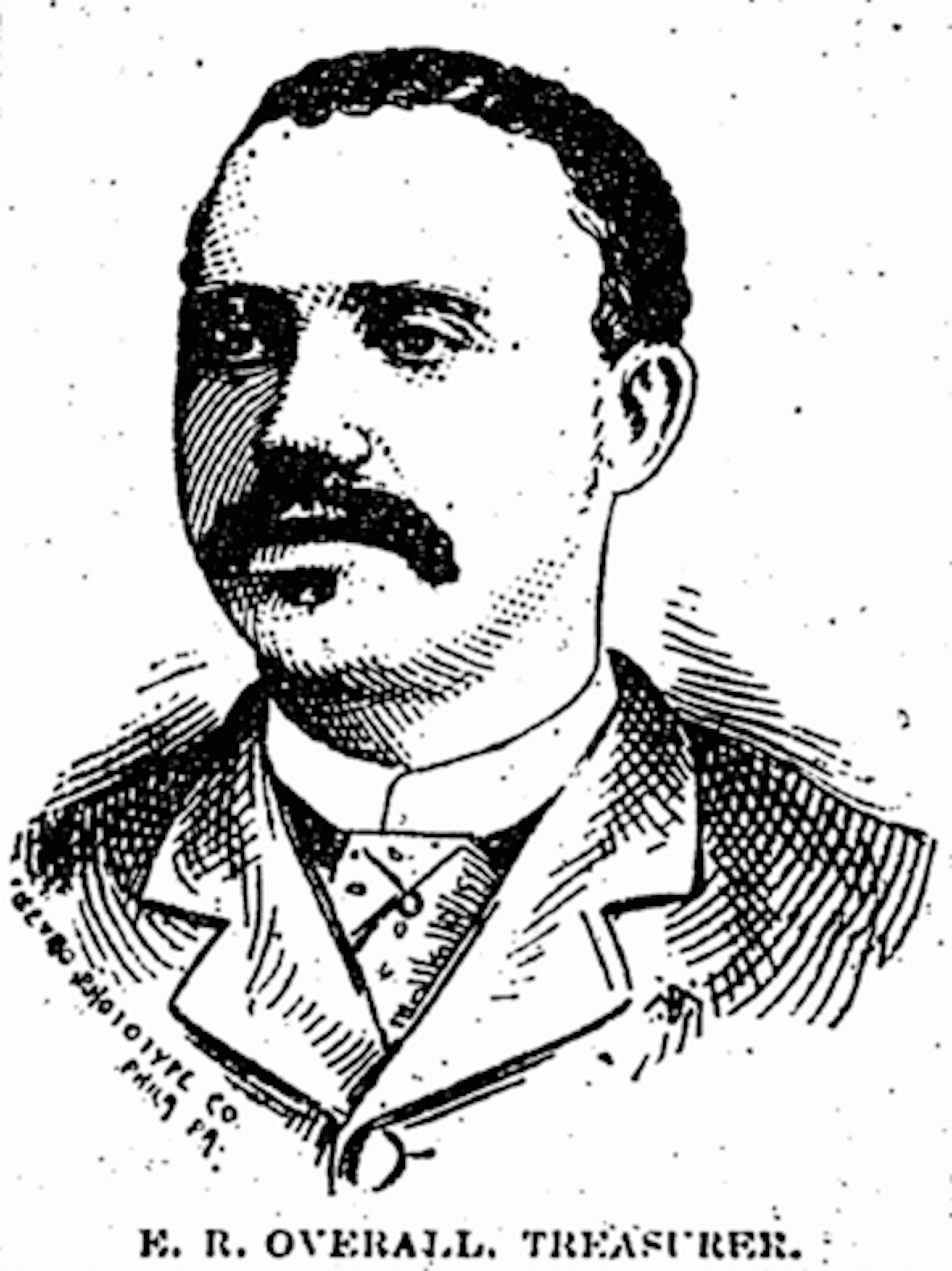La historia de la gente: una enseñanza perdida sobre líderes afroamericanos en la política
En español: The People's History: A Lost Lesson on Black Leaders in Politics
The government should speak for the people, but how can it speak for the people it does not represent? Throughout history, people of color have fought to have their voices heard and valued equally. One way in which they accomplished this was by creating their own spaces, such as the Nebraska State Convention of Men of Color. Cyrus D. Bell, WHC Stephenson, and Edwin R. Overall are a few of the many politicians who used spaces like these to advance their personal careers, as well as the development of people of color in politics.
The tradition of the State Convention began in the 1830s, when freed people gathered to talk about how they could achieve justice in education, labor, and legal dealings. In Nebraska, WHC Stephenson, Edwin R. Overall, William R. Gamble, Emmanuel S. Clenlans, and Rev. WH Wilson were the political engagement leaders. These men organized the convention in Nebraska, opening opportunities for countless politicians of color in the future, not just African Americans. Bell and Clenlans served as secretary, and from there, they selected Stephenson and Overall as delegates to the national convention. In addition to this, they also addressed the issue of denouncing lynching, particularly in Louisiana and Mississippi.
Cyrus D. Bell, secretary to the State Convention of Colored Men and a delegate to the Democratic National Convention, distinguished himself as a Democrat at a time when the majority of African-Americans supported the Republican party. He was mentioned in the Omaha Herald, a notably Democratic newspaper, as a good candidate for City, County, or State Offices. At one point, he called attention to the elimination of rights that African American men faced in the Republican party, and how they were never promoted as political candidates, despite having the right to vote and even campaigning authority.
WHC Stephenson began his career in civil rights activism as the chairman of the Nevada Executive Board, a group which he helped organize. The board fought for legal equality and for the union of African American people in Virginia City, Silver City, and Gold Hill, along with access to public schools. When he moved to Omaha, he was very active in Republican politics and was selected by the Omaha African American Republican group as a delegate to the Republican State Convention. Following this, he ran against another delegate from the National Men of Color Convention, Edwin Overall, for the State Legislator nomination, but neither of them received the position due to divisions in the community and the Republican Party of late denying them the opportunity. .

Edwin Overall began his career in Chicago, where he was appointed as the Chicago chapter director for the Convention of Americans of Color in the state of Illinois, where they discussed the educational, political, and legal constraints faced by African-Americans in Chicago, and was working to secure full legal rights for them, similar to the event he later organized in Omaha. In Omaha, along with being a delegate to the National Men of Color Convention, Overall was also a delegate to the Nebraska Republican Convention.
These politicians distinguished themselves during their time as one of the first African Americans in political office, making it a possibility for those who aspire to that today. In recent years, the number of African American politicians has risen, some of whom were "first" in their own right. If there is change that you want to see in your community, you have the power to make it happen.



